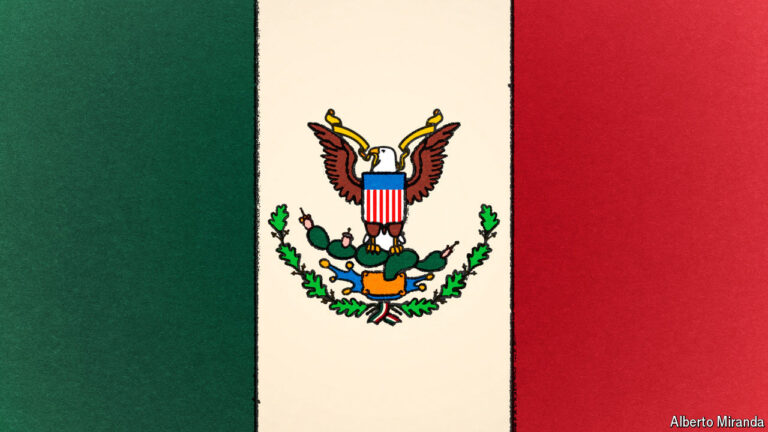MaSelected Exican Andrés Manuel López Obrador became Mexico’s president in 2018 with good reason. His diagnosis that inequality, insecurity, and a corrupt political class were damaging to Mexico was persuasive. But aside from raising the minimum wage to reduce poverty, López Obrador’s “Fourth Transformation” has set Mexico back. A nationalist hell-bent on destroying the gains of his predecessors, he has left Mexico’s health and education systems in tatters. His reversal of pro-competitive energy market reforms has made Mexico’s electricity polluting and costly. Water is scarce. His hands-off security policies have strengthened the control of criminal gangs. He has attacked independent institutions, from electoral bodies to the Supreme Court. Thanks in part to his hostility to the private sector, economic growth averaged 2-3% per year during his pandemic-free presidency, mediocre given the enormous opportunities facing Mexico, and momentum has slowed over the past six months.
Mexicans will elect a new president on June 2nd and decide who will take over from this chaos. They are likely to choose Claudia Sheinbaum, a protégé of Lopez Obrador and a member of the ruling Morena party. Her rival, Xochitl Gálvez, who represents the old coalition of political parties, is trailing in the polls by about 20 points. How the winner governs will be important not only for Mexicans who suffer from violence and inequality, but also for the rest of the world. Mexico has become a key actor in the changing world order. The number of migrants crossing through Mexico to the United States has skyrocketed, and illegal immigration is now the most important political issue in the world’s most powerful country. Western countries are looking to Mexico to help them decouple from China, especially when it comes to the production of vital green technologies and electronics. Mexico’s next president will have a major impact on both.

